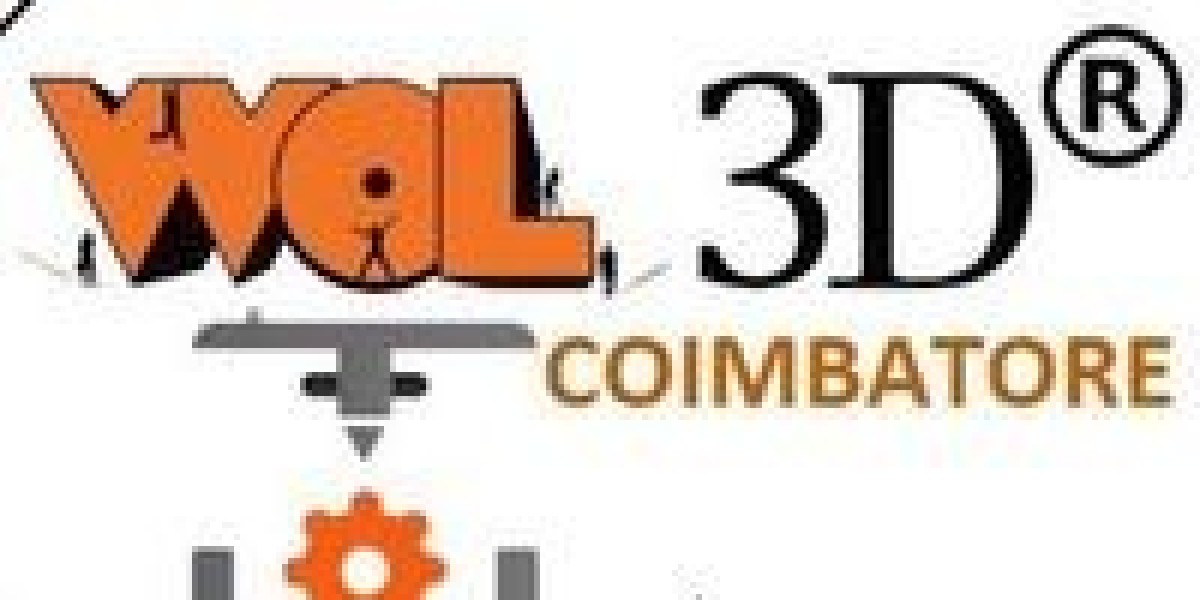In a world increasingly dominated by technology, it's crucial to cultivate a strong interest in science among young students. Science kits serve as invaluable tools for igniting curiosity, fostering critical thinking, and providing hands-on learning experiences. These kits are carefully designed to engage students and make complex scientific concepts accessible and enjoyable. From chemistry to physics, biology to astronomy, there's a science kit tailored for every young scientist. Let's delve into why these kits are so essential and the impact they have on student learning.
Science experiment kits are excellent tools for hands-on learning, allowing students to explore scientific concepts through engaging activities and experiments that promote curiosity and critical thinking. These kits provide a dynamic way to bridge theoretical knowledge with practical application, fostering a deeper understanding of science.
Hands-On Learning
One of the primary advantages of science kits is their ability to promote hands-on learning. Unlike traditional classroom settings where students often learn passively from textbooks and lectures, science kits encourage active participation. Students get to conduct experiments, make observations, and draw conclusions firsthand. This interactive approach not only enhances understanding but also increases retention of scientific principles.
For instance, a chemistry kit might include materials and instructions for creating simple chemical reactions. By mixing substances and witnessing the outcomes, students gain a deeper appreciation for chemical properties and reactions. Similarly, a physics kit might feature components for building basic circuits or exploring principles of motion and energy. These tangible experiences bring theoretical concepts to life and inspire a lasting interest in science.
Encouraging Curiosity and Exploration
Science kits for kids are designed to pique curiosity and encourage exploration. They often contain intriguing experiments that prompt students to ask questions and seek answers. This process of inquiry is fundamental to scientific discovery. When students feel empowered to explore on their own, they develop a sense of ownership over their learning journey. Imagine a biology kit that allows students to dissect a preserved specimen or observe microscopic organisms. Such activities not only teach specific biological concepts but also nurture a sense of wonder about the natural world. As students engage with these activities, they often develop new questions and interests, which can lead to further exploration and research.Bridging Theory with Practice
Science kits bridge the gap between theoretical knowledge and practical application. They provide students with opportunities to apply scientific principles in real-world contexts. This connection is essential for deepening understanding and demonstrating the relevance of science in everyday life.
For example, an environmental science kit might focus on topics like water purification or renewable energy. By conducting experiments related to these issues, students gain insight into pressing global challenges and potential solutions. This practical approach not only enhances academic learning but also cultivates a sense of responsibility towards environmental stewardship.
Fostering Critical Thinking and Problem-Solving Skills
Engaging with science kits requires students to think critically and solve problems creatively. As they encounter challenges and unexpected outcomes during experiments, they learn to adapt and refine their approach. This process develops resilience and problem-solving skills that are valuable across various disciplines. In a robotics kit, for instance, students might encounter issues with assembling components or programming movements. By troubleshooting these issues independently or collaboratively, they develop perseverance and analytical thinking. These skills extend beyond science and contribute to a well-rounded education.
Cultivating Collaboration and Communication
Many science kits are designed for collaborative learning experiences. Students often work in pairs or small groups to conduct experiments and share observations. This collaborative approach fosters teamwork and communication skills, which are essential for success in both academic and professional settings.
In a physics kit exploring principles of engineering, students might be tasked with designing and building structures that withstand specific forces. Through teamwork, they learn to delegate tasks, communicate ideas effectively, and compromise to achieve shared goals. These interpersonal skills are as vital as scientific knowledge in preparing students for future endeavors. Science kits play a crucial role in engaging students, particularly those who may initially feel intimidated by STEM subjects (science, technology, engineering, and mathematics). By offering a hands-on and interactive approach, these kits empower students to overcome challenges and build confidence in their abilities.
When students witness firsthand the principles they've learned in textbooks, they become more enthusiastic and engaged in their studies. This increased interest often translates into higher levels of motivation and achievement in STEM subjects. Furthermore, exposure to science kits at a young age can inspire future careers in STEM fields, addressing the growing demand for skilled professionals in these areas.








